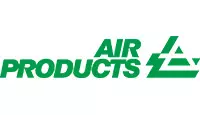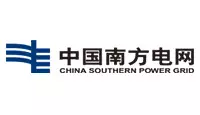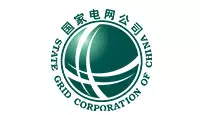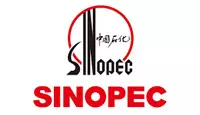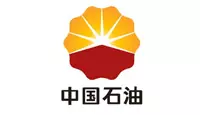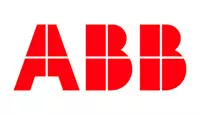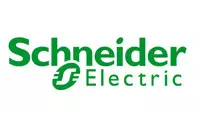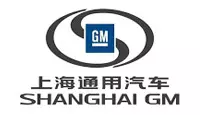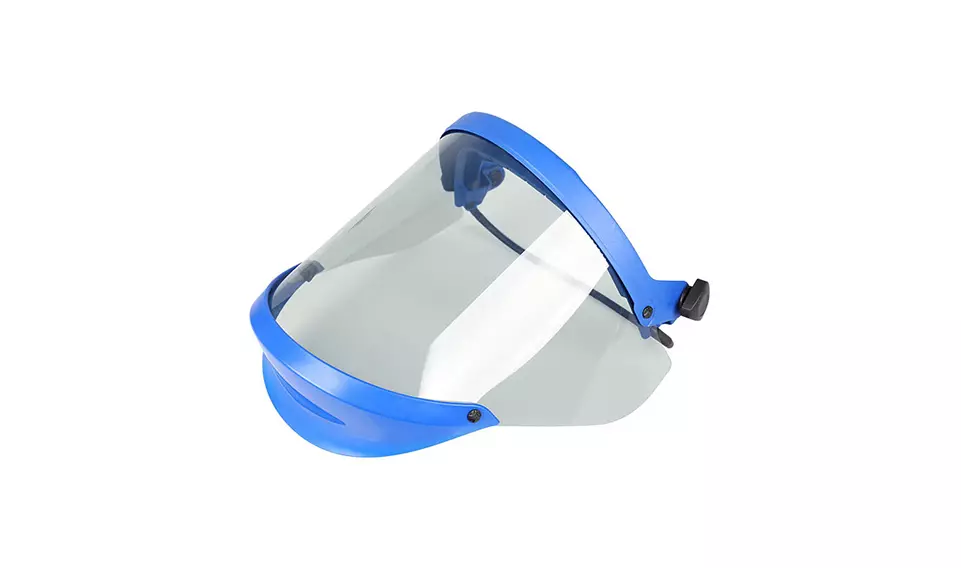
Which is better, PC or PVC?
When comparing PC and PVC face screens, it is necessary to evaluate from multiple dimensions to determine which face screen is better. The following is a detailed comparison of the two face screens:
1. Material and performancePC face screen
Material: PC face screens are made of polycarbonate, a high-performance plastic material.
Impact resistance: Due to the high strength, fatigue resistance and dimensional stability of polycarbonate, PC face screens can withstand higher impact forces, such as some products that can withstand impact forces of 45 m/s or even 120 m/s.
Light filtering rate: PC face screens have high light transmittance and high refractive index, high surface brightness, and light transmittance can reach 99%.
Environmental protection: PC face screens are high-performance environmentally friendly materials. They will not produce toxic and harmful odors when heated, and have no effect on the health of users.
PVC face screen
Material: PVC face screens are made of polyvinyl chloride.
Impact resistance: Compared with PC face screens, PVC face screens have poor impact resistance and are more fragile.
Light filtering rate: The light filtering effect of PVC face screens is around 60%, which is relatively low.
Environmental protection: PVC material has poor heat resistance and will produce HCL harmful gas when exposed to high temperature. In addition, most PVC materials contain a variety of heavy metals, which are potentially harmful to human health.
2. Usage scenarios and safetyPC face screen: Due to its excellent impact resistance and light transmittance, PC face screen is more suitable for use in scenarios that require a high level of protection, such as industrial safety, chemical protection, etc. In addition, the environmental protection of PC face screen also makes it a safer choice.
PVC face screen: Although PVC face screen may have the advantage of lower cost in some aspects, its use scenarios are relatively limited due to its poor impact resistance and environmental protection issues. In scenarios that require a high level of protection, PVC face screens may not provide adequate protection.
3. Maintenance and carePC face screen: PC face screens are generally easier to clean and maintain because their surface is smoother and less likely to absorb dust and dirt. In addition, PC materials are more resistant to scratches and wear, and have a relatively long service life.
PVC face screen: Cleaning and maintenance of PVC face screens may be relatively difficult because their surface is more susceptible to contamination and scratches. Folding or stacking for a long time may also cause PVC face screens to deform or crease.
In summary, PC visors are generally more advantageous than PVC visors in terms of material and performance, usage scenarios and safety, and maintenance and upkeep. However, the specific choice of visor needs to be weighed according to the actual application scenario and needs.



